Refugee who became pillar of British establishment
mainClaus Moser, who died at the weekend aged 92, came to Britain as a Jewish fugitive from Hitler’s Germany and rose to become adviser to three prime ministers, chairman of the Royal Opera House, chief fundraiser for the British Museum, warden of an Oxford college and a member of the House of Lords.
In each of these roles he was living proof of the economic and social benefits of a liberal immigration policy. He served Harold Wilson, Edward Heath and James Callaghan as head of the Government statistical office, often telling uncomfortable truths to those in power and refusing to massage the figures before a general election.
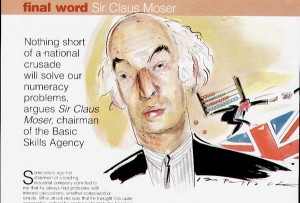
At Covent Garden, which he chaired for 17 years, he struggled to raise sufficient state or private funds to keep the house competitive with world leaders. His personal tastes were conservative and unadventurous. The house fell steadily into stagnation until Moser, as a parting shot, replaced its general director John Tooley with a television executive, Jeremy Isaacs, who breathed fresh life into the enterprise. After leaving the ROH, he managed to raised £100 million to build the Great Court at the British Museum, leaving a permanent mark on the cultural landscape.
A cordial man, widely read and intellectually curious, Claus was unfailingly courteous even to critics like myself whose appreciation of his Covent Garden role differed from his own. He discussed with me various points of contention in my book Covent Garden: The Untold Story, but asked for only one small change in the paperback edition – a detail which, he felt, might cause unnecessary distress to his wife, Mary.
I happily obliged.
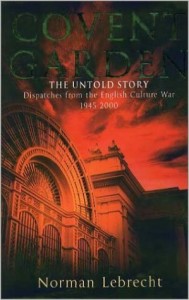


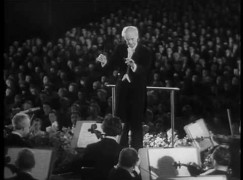

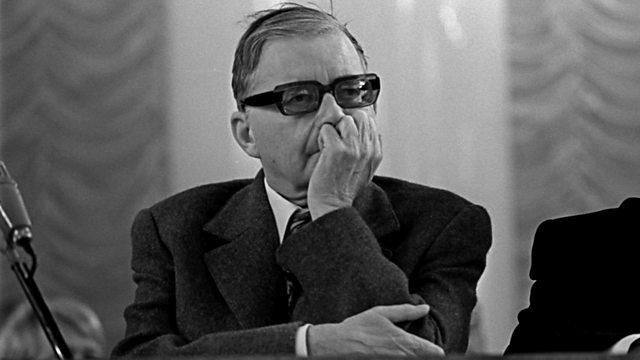
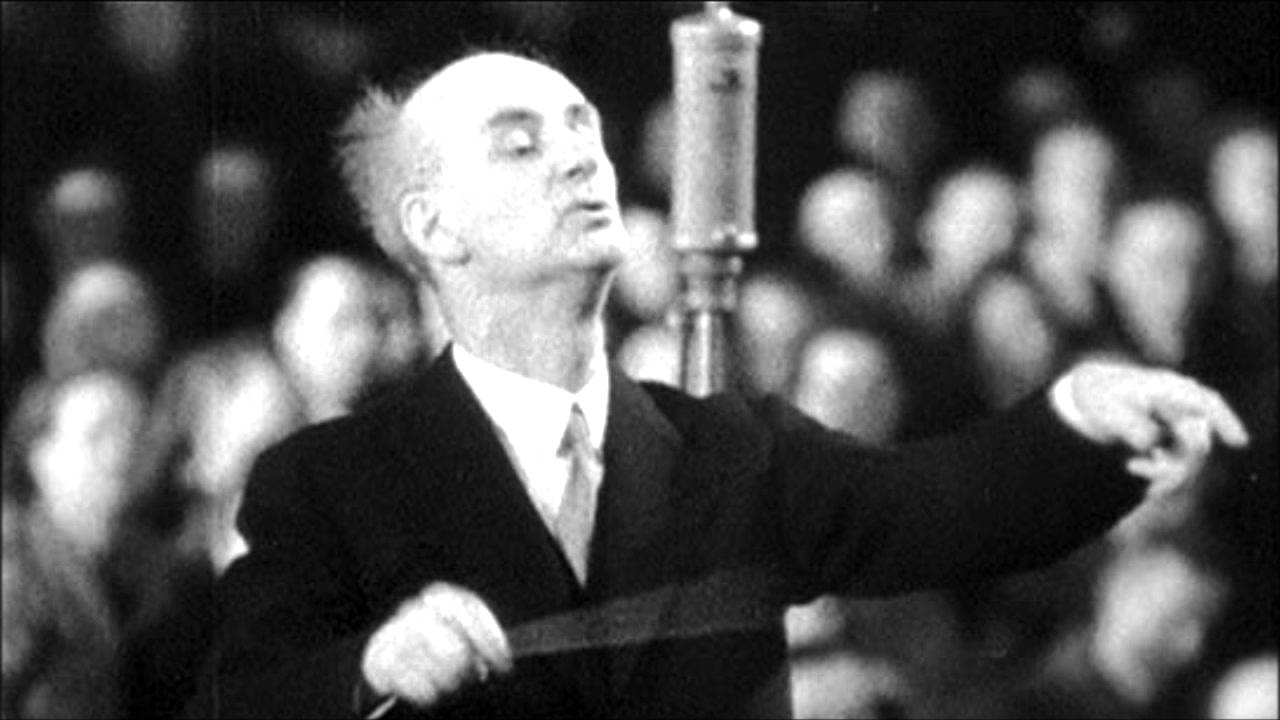
I suspect there is a relationship between Mr Moser’s impressive achievements and his supposedly ‘conservative’ and ‘unadventurous’ taste. Maybe he righty felt that in times of flux, uncertainty, and cultural splintering, preserving what has shown to be of excellence, is a wise thing.
‘Art is a way of remembering what it would impoverish us to forget.’ (Robert Frost)